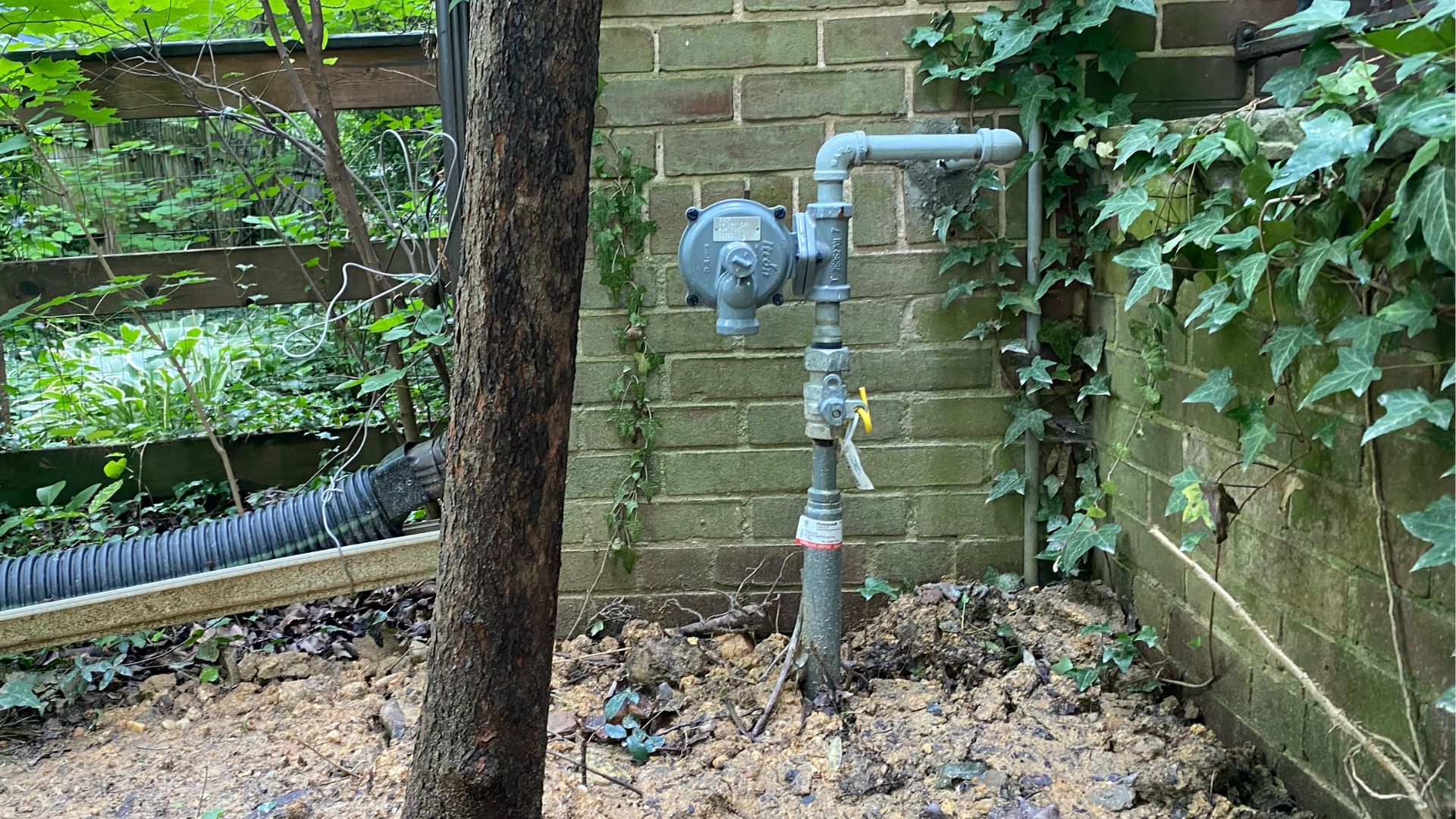
Increasing corporate tax transparency: HB449
When large companies harm the public through fraud, financial scams, chemical spills, dangerous products or other misdeeds, they almost never address those allegations in court proceedings and pay a fine or penalty. Instead, most companies negotiate out-of-court settlements that resolve the charges in return for stipulated payments or promised remedies.
When large companies harm the public through fraud, financial scams, chemical spills, dangerous products or other misdeeds, they almost never address those allegations in court proceedings and pay a fine or penalty. Instead, most companies negotiate out-of-court settlements that resolve the charges in return for stipulated payments or promised remedies. For example, taxpayers foot the bill to the tune of 15.3 billion dollars when BP wrote of the settlement for their oil spill as an “ordinary cost of doing business”
The federal Tax Cuts and Jobs Act made two important changes to how the federal government handles the taxation of these out-of-court settlements.
1. First, they clarified what is and isn’t deductible.
2. Second, the IRS will now receive information from government agencies about the settlements they sign with details about what is and isn’t deductible.
The changes in the federal tax code to clarify what is or isn’t deductible will also be in effect for Maryland state taxes. But unless this bill passes to require reporting to the Comptroller, the state will have no way of knowing if the corporations are filing correctly.
You can see our full testimony on Delegate Steve Lafferty’s HB449 below.
—
Testimony on HB0449
February 14th, 2018
Ways and Means
POSITION: SUPPORT
Maryland PIRG is a state based, citizen funded public interest advocacy organization with grassroots members across the state and a student funded, student directed chapter at the University of Maryland College Park. For forty years we’ve stood up to powerful interests whenever they threaten our health and safety, our financial security, or our right to fully participate in our democratic society.
Maryland PIRG, along with Common Cause Maryland, the ACLU of Maryland, and the Maryland Center for Economic Policy, support HB0449, which would require the disclosure of settlement payments made to governmental units.
When large companies harm the public through fraud, financial scams, chemical spills, dangerous products or other misdeeds, they almost never address those allegations in court proceedings and pay a fine or penalty. Instead, most companies negotiate out-of-court settlements that resolve the charges in return for stipulated payments or promised remedies.
The passage of the federal Tax Cuts and Jobs Act made two important changes to how the federal government handles the taxation of these out-of-court settlement. First, they clarified what is and isn’t deductible. Second, the IRS will now receive information from government agencies about the settlements they sign with details about what is and isn’t deductible. That way, both the settlement itself is clear and the IRS has the information to ensure that corporations are filing correctly.
The changes in the federal tax code to clarify what is or isn’t deductible will also be in effect for Maryland state taxes; however, without requiring reporting to the Comptroller, the state will have no way of knowing if the corporations are filing correctly. This bill requires that reporting.
This bill will require any companies that are required to file an income tax return in Maryland to disclose if they are claiming any deductions on their state taxes for settlements to federal, state, or local governments and the amount of these deductions. It also requires that the Comptroller prepare a yearly report of this information for the Governor and General Assembly.
This will enable the Comptroller to confirm that corporations in the state are appropriately treating their settlement payments in their state taxes and will provide critical information about how the state is taxing– or not taxing– settlements to address allegations of wrongdoing.
In order to effectively and accurately tax settlement money, either when the state is party to a larger federal settlement or is settling with a corporation independently, the Comptroller must receive detailed reports about which portions of settlement payments are intended to be tax deductible and which are explicitly not.
BACKGROUND
In the past, the federal tax code provided little guidance on whether or not corporations could write off settlement payments made to government agencies to address allegations of wrongdoing. The federal tax code only said that “fines and similar penalties” were not tax deductible, leaving many other classifications of settlements payments open to interpretation. A Maryland PIRG report published in 2015 found that from 2012 to 2014, the five federal agencies which signed the most settlement agreements for corporate wrongdoing required companies to pay $80 billion to settle allegations, and over half of that amount was open to be deducted by corporations in their taxes thanks to that vague language.
Historically, these settlement payments, made on behalf of the American people, have not been subject to much transparency. Combined, this lack of transparency and the fairly minimal direction on how to determine the tax status of corporate settlement agreements meant that corporations often deducted payments that agencies did not intend to be deducted as “ordinary costs of doing business.” Without clear reporting and disclosures, the IRS could not effectively determine whether deductions should be allowed. Ultimately, this lowered the real value of settlements payments, lowered their power to prevent recidivism, and left Americans in the dark as to how much corporations were actually paying for alleged wrongdoing– and how much of those payments were actually being picked up by taxpayers.
The Tax Cuts and Jobs Act addresses several of these problems by clarifying the language around when settlement payments can and cannot be deductible and by requiring government agencies to report details of settlement payments to the IRS. This bill requires that same reporting to the Comptroller.
There are several reasons to support HB0449:
1. This Act improves government transparency and improves corporate accountability, by ensuring that the government is clear about the real after-tax value of settlements.
2. By requiring that settlement payments are disclosed to the Comptroller, this Act ensures that there is no miscommunication or misunderstanding about the intended tax treatment of settlement payments. This saves taxpayer dollars in the long run.
This bill is a commonsense action to provide increased transparency in our tax system and we respectfully request a favorable report on HB0449.
Topics
Authors
Emily Scarr
State Director, Maryland PIRG; Director, Stop Toxic PFAS Campaign, PIRG
Emily directs strategy, organizational development, research, communications and legislative advocacy for Maryland PIRG. Emily has helped win small donor public financing in Baltimore City, Baltimore County, Howard County, Montgomery County, and Prince George's County. She has played a key role in establishing new state laws to to protect public health by restricting the use of antibiotics on Maryland farms, require testing for lead in school drinking water and restrict the use of toxic flame retardant and PFAS chemicals. Emily also serves on the Executive Committees of the Maryland Fair Elections Coalition and the Maryland Campaign to Keep Antibiotics Working. Emily lives in Baltimore City with her husband, kids, and dog.
Find Out More

Protecting Maryland Water from PFAS Pollution

End the Gas Utility Blank Check

Holding plastic producers accountable

